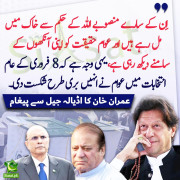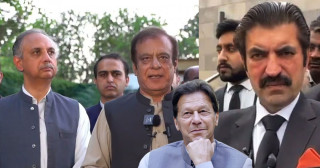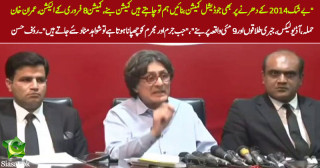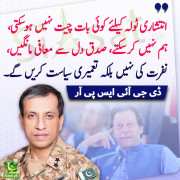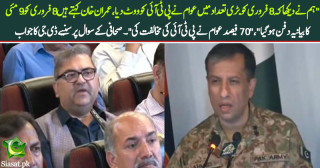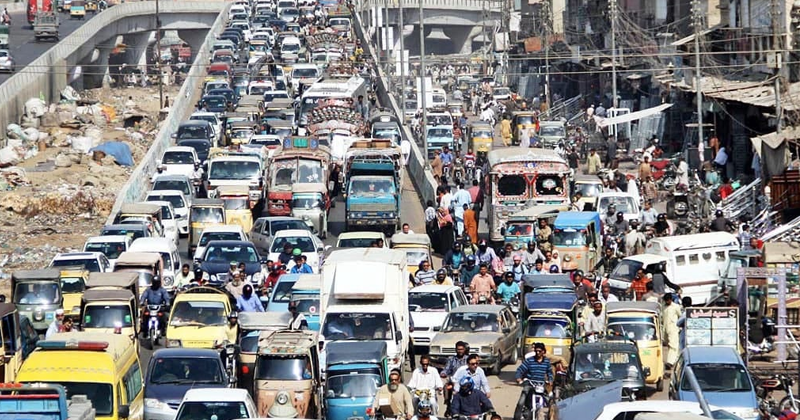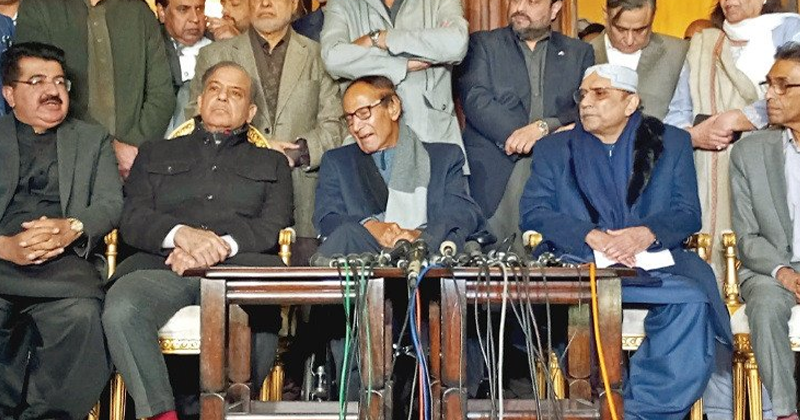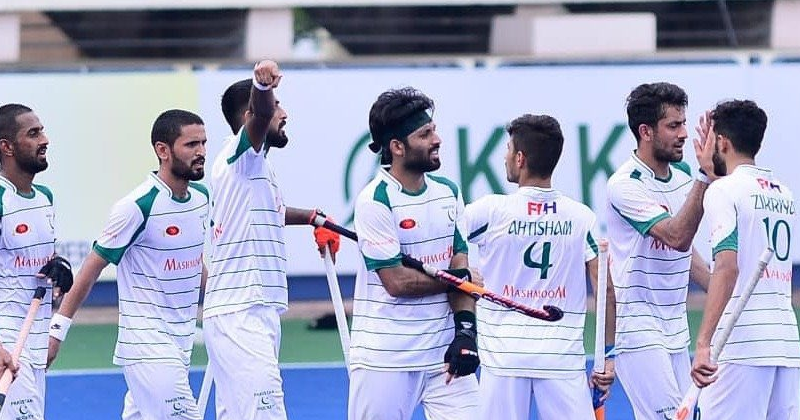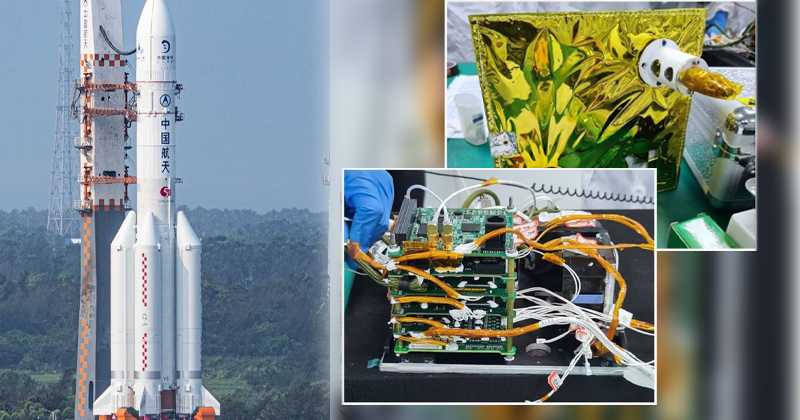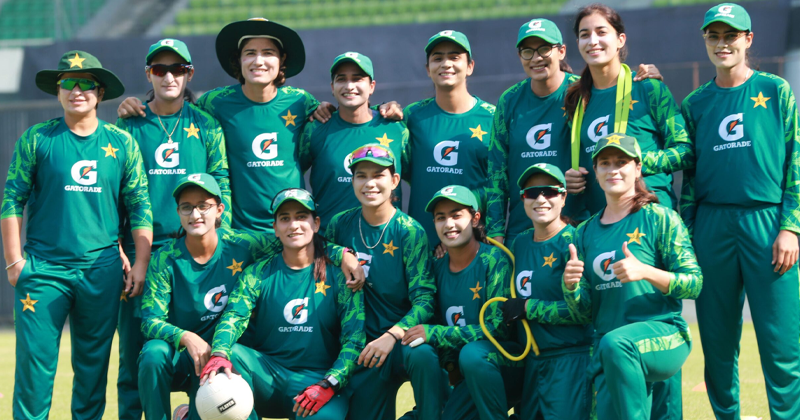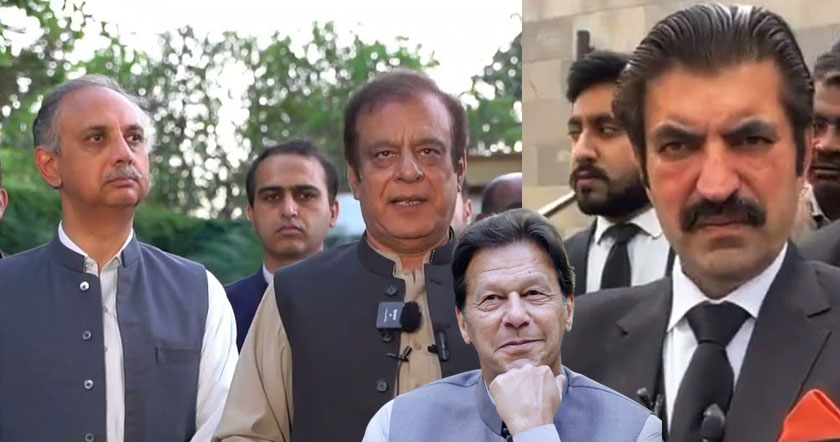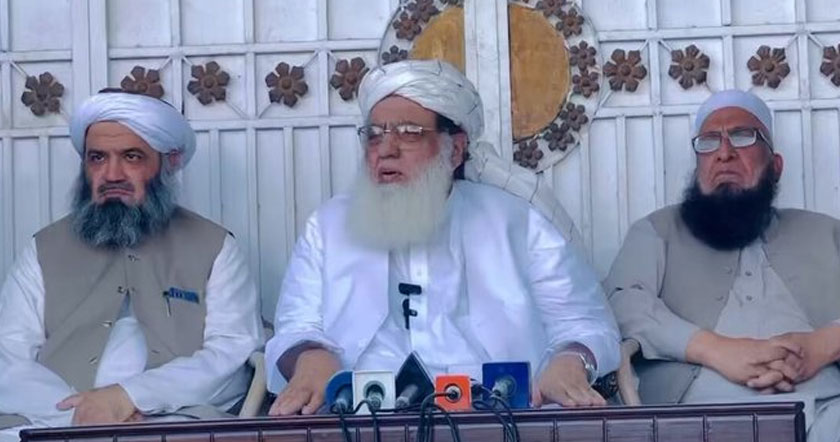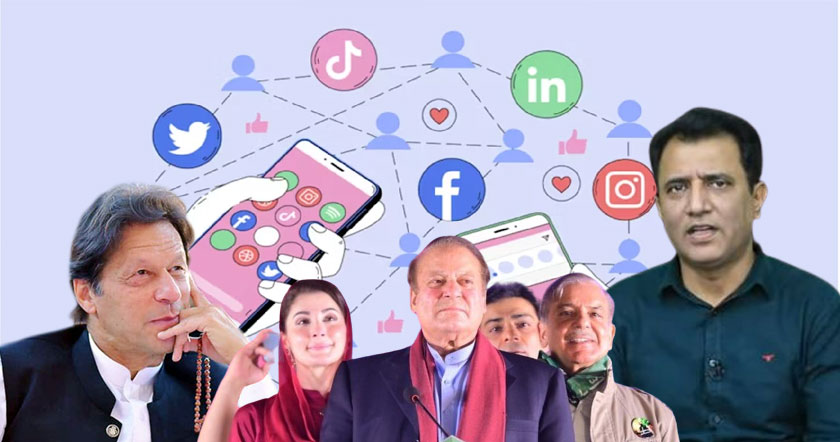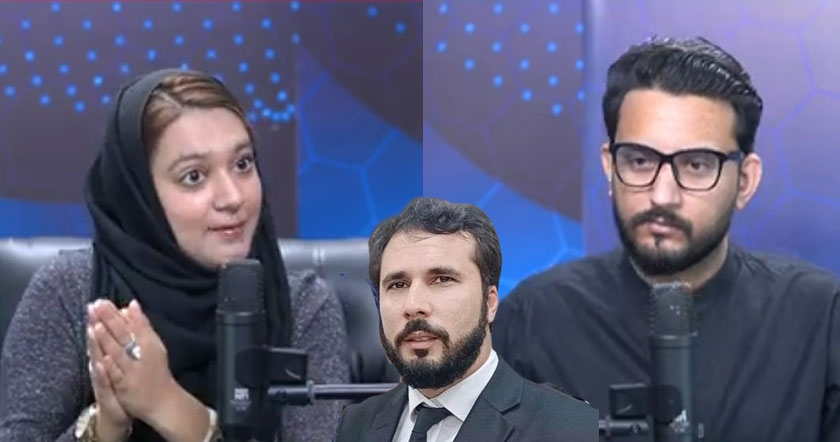[h=3]Political Patronage: Pakistan School Enrollment Rate Flat Despite Increased Education Spending[/h]
Data shows that Pakistan's literacy and enrollment rates are not rising in spite of significantly increased education spending over the last several years. Education budgets at federal and provincial levels have seen double digit increase of 17.5% a year on average since 2010. And yet, school enrollment and literacy rate have remained essentially flat during this period. This lack of progress in education stands in sharp contrast to the significant improvements in outcomes seen from increase education spending during Musharraf years in 2001-2008. Why is it?
Is the money not being spent honestly and wisely? Is the education budget being used by the ruling politicians to create teacher jobs solely for political patronage? Are the teachers not showing up for work? Is the money being siphoned off by bureaucrats and politicians by hiring "ghost teachers" in "ghost schools"? Let's try and examine the data and the causes of lack of tangible results from education spending.
Pakistan Education Budget:
The total money budgeted for education by the governments at the federal and provincial levels has increased from Rs. 304 billion in 2010-11 to Rs. 790 billion in 2016-17, representing an average of 17.5% increase per year since 2010.
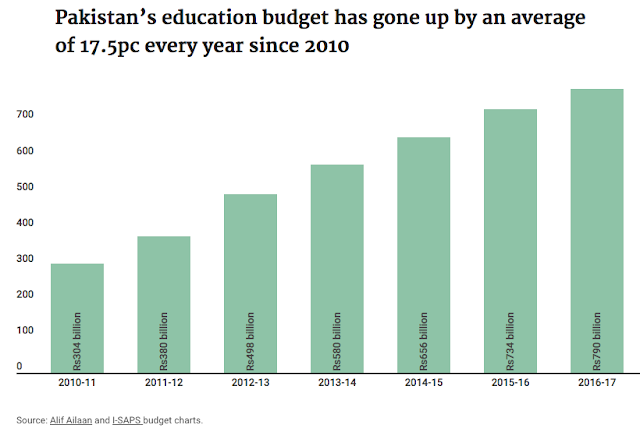
Education and Literacy Rates:
Pakistan's net primary enrollment rose from 42% in 2001-2002 to 57% in 2008-9 during Musharraf years. It has been essentially flat at 57% since 2009 under PPP and PML(N) governments.
Similarly, the literacy rate for Pakistan 10 years or older rose from 45% in 2001-2002 to 56% in 2007-2008 during Musharraf years. It has increased just 4% to 60% since 2009-2010 under PPP and PML(N) governments.
Pakistan's Human Development:
Human development index reports on Pakistan released by UNDP confirm the ESP 2015 human development trends.Pakistan’s HDI value for 2013 is 0.537— which is in the low human development category—positioning the country at 146 out of 187 countries and territories. Between 1980 and 2013, Pakistan’s HDI value increased from 0.356 to 0.537, an increase of 50.7 percent or an average annual increase of about 1.25.
Overall, Pakistan's human development score rose by 18.9% during Musharraf years and increased just 3.4% under elected leadership since 2008. The news on the human development front got even worse in the last three years, with HDI growth slowing down as low as 0.59% — a paltry average annual increase of under 0.20 per cent.
Going further back to the decade of 1990s when the civilian leadership of the country alternated between PML (N) and PPP, the increase in Pakistan's HDI was 9.3% from 1990 to 2000, less than half of the HDI gain of 18.9% on Musharraf's watch from 2000 to 2007.
Bogus Teachers in Sindh:
In 2014, Sindh's provincial education minister Nisar Ahmed Khuhro said that "a large number of fake appointments were made in the education department during the previous tenure of the PPP government" when the ministry was headed by Khuhru's predecessor PPP's Peer Mazhar ul Haq. Khuhro was quoted by Dawn newspaper as saying that "a large number of bogus appointments of teaching and non-teaching staff had been made beyond the sanctioned strength" and without completing legal formalities as laid down in the recruitment rules by former directors of school education Karachi in connivance with district officers during 2012–13.
Ghost Schools in Balochistan:
In 2016, Balochistan province's education minister Abdur Rahim Ziaratwal was quoted by Express Tribune newspaper as telling his provincial legislature that “about 900 ghost schools have been detected with 300,000 fake registrations of students, and out of 60,000, 15,000 teachers’ records are unknown.”
Absentee Teachers in Punjab:
A 2013 study conducted in public schools in Bhawalnagar district of Punjab found that 27.5% of the teachers are absent from classrooms from 1 to 5 days a month while 3.75% are absent more than 10 days a month. The absentee rate in the district's private schools was significantly lower. Another study by an NGO Alif Ailan conducted in Gujaranwala and Narowal reported that "teacher absenteeism has been one of the key impediments to an effective and working education apparatus."
Political Patronage:
Pakistani civilian rule has been characterized by a system of political patronage that doles out money and jobs to political party supporters at the expense of the rest of the population. Public sector jobs, including those in education and health care sectors, are part of this patronage system that was described by Pakistani economist Dr. Mahbub ul Haq, the man credited with the development of United Nation's Human Development Index (HDI) as follows:
"...every time a new political government comes in they have to distribute huge amounts of state money and jobs as rewards to politicians who have supported them, and short term populist measures to try to convince the people that their election promises meant something, which leaves nothing for long-term development. As far as development is concerned, our system has all the worst features of oligarchy and democracy put together."
Summary:
Education spending in Pakistan has increased at an annual average rate of 17.5% since 2010. However, the school enrollment and literacy rates have remained flat and the human development indices are stuck in neutral. This is in sharp contrast to the significant improvements in outcomes from increased education spending seen during Musharraf years in 2001-2008. An examination of the causes shows that the corrupt system of political patronage tops the list. This system jeopardizes the future of the country by producing ghost teacher, ghost schools and absentee staff to siphon off the money allocated for children's education.
Source
Data shows that Pakistan's literacy and enrollment rates are not rising in spite of significantly increased education spending over the last several years. Education budgets at federal and provincial levels have seen double digit increase of 17.5% a year on average since 2010. And yet, school enrollment and literacy rate have remained essentially flat during this period. This lack of progress in education stands in sharp contrast to the significant improvements in outcomes seen from increase education spending during Musharraf years in 2001-2008. Why is it?
Is the money not being spent honestly and wisely? Is the education budget being used by the ruling politicians to create teacher jobs solely for political patronage? Are the teachers not showing up for work? Is the money being siphoned off by bureaucrats and politicians by hiring "ghost teachers" in "ghost schools"? Let's try and examine the data and the causes of lack of tangible results from education spending.
Pakistan Education Budget:
The total money budgeted for education by the governments at the federal and provincial levels has increased from Rs. 304 billion in 2010-11 to Rs. 790 billion in 2016-17, representing an average of 17.5% increase per year since 2010.

Education and Literacy Rates:
Pakistan's net primary enrollment rose from 42% in 2001-2002 to 57% in 2008-9 during Musharraf years. It has been essentially flat at 57% since 2009 under PPP and PML(N) governments.
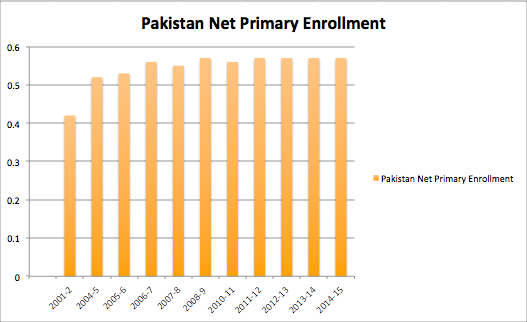
|
| Source: Economic Survey of Pakistan 2015-16 |
Similarly, the literacy rate for Pakistan 10 years or older rose from 45% in 2001-2002 to 56% in 2007-2008 during Musharraf years. It has increased just 4% to 60% since 2009-2010 under PPP and PML(N) governments.
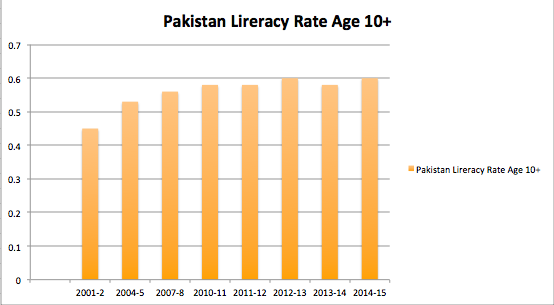
|
| Source: Economic Survey of Pakistan 2015-16 |
Pakistan's Human Development:
Human development index reports on Pakistan released by UNDP confirm the ESP 2015 human development trends.Pakistan’s HDI value for 2013 is 0.537— which is in the low human development category—positioning the country at 146 out of 187 countries and territories. Between 1980 and 2013, Pakistan’s HDI value increased from 0.356 to 0.537, an increase of 50.7 percent or an average annual increase of about 1.25.
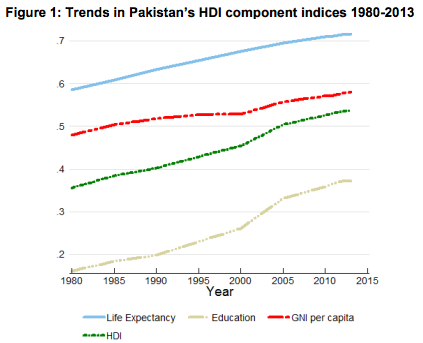
|
| Pakistan HDI Components Trend 1980-2013 Source: Human Development Report 2014 |
Overall, Pakistan's human development score rose by 18.9% during Musharraf years and increased just 3.4% under elected leadership since 2008. The news on the human development front got even worse in the last three years, with HDI growth slowing down as low as 0.59% — a paltry average annual increase of under 0.20 per cent.
Going further back to the decade of 1990s when the civilian leadership of the country alternated between PML (N) and PPP, the increase in Pakistan's HDI was 9.3% from 1990 to 2000, less than half of the HDI gain of 18.9% on Musharraf's watch from 2000 to 2007.
Bogus Teachers in Sindh:
In 2014, Sindh's provincial education minister Nisar Ahmed Khuhro said that "a large number of fake appointments were made in the education department during the previous tenure of the PPP government" when the ministry was headed by Khuhru's predecessor PPP's Peer Mazhar ul Haq. Khuhro was quoted by Dawn newspaper as saying that "a large number of bogus appointments of teaching and non-teaching staff had been made beyond the sanctioned strength" and without completing legal formalities as laid down in the recruitment rules by former directors of school education Karachi in connivance with district officers during 2012–13.
Ghost Schools in Balochistan:
In 2016, Balochistan province's education minister Abdur Rahim Ziaratwal was quoted by Express Tribune newspaper as telling his provincial legislature that “about 900 ghost schools have been detected with 300,000 fake registrations of students, and out of 60,000, 15,000 teachers’ records are unknown.”
Absentee Teachers in Punjab:
A 2013 study conducted in public schools in Bhawalnagar district of Punjab found that 27.5% of the teachers are absent from classrooms from 1 to 5 days a month while 3.75% are absent more than 10 days a month. The absentee rate in the district's private schools was significantly lower. Another study by an NGO Alif Ailan conducted in Gujaranwala and Narowal reported that "teacher absenteeism has been one of the key impediments to an effective and working education apparatus."
Political Patronage:
Pakistani civilian rule has been characterized by a system of political patronage that doles out money and jobs to political party supporters at the expense of the rest of the population. Public sector jobs, including those in education and health care sectors, are part of this patronage system that was described by Pakistani economist Dr. Mahbub ul Haq, the man credited with the development of United Nation's Human Development Index (HDI) as follows:
"...every time a new political government comes in they have to distribute huge amounts of state money and jobs as rewards to politicians who have supported them, and short term populist measures to try to convince the people that their election promises meant something, which leaves nothing for long-term development. As far as development is concerned, our system has all the worst features of oligarchy and democracy put together."
Summary:
Education spending in Pakistan has increased at an annual average rate of 17.5% since 2010. However, the school enrollment and literacy rates have remained flat and the human development indices are stuck in neutral. This is in sharp contrast to the significant improvements in outcomes from increased education spending seen during Musharraf years in 2001-2008. An examination of the causes shows that the corrupt system of political patronage tops the list. This system jeopardizes the future of the country by producing ghost teacher, ghost schools and absentee staff to siphon off the money allocated for children's education.
Source




